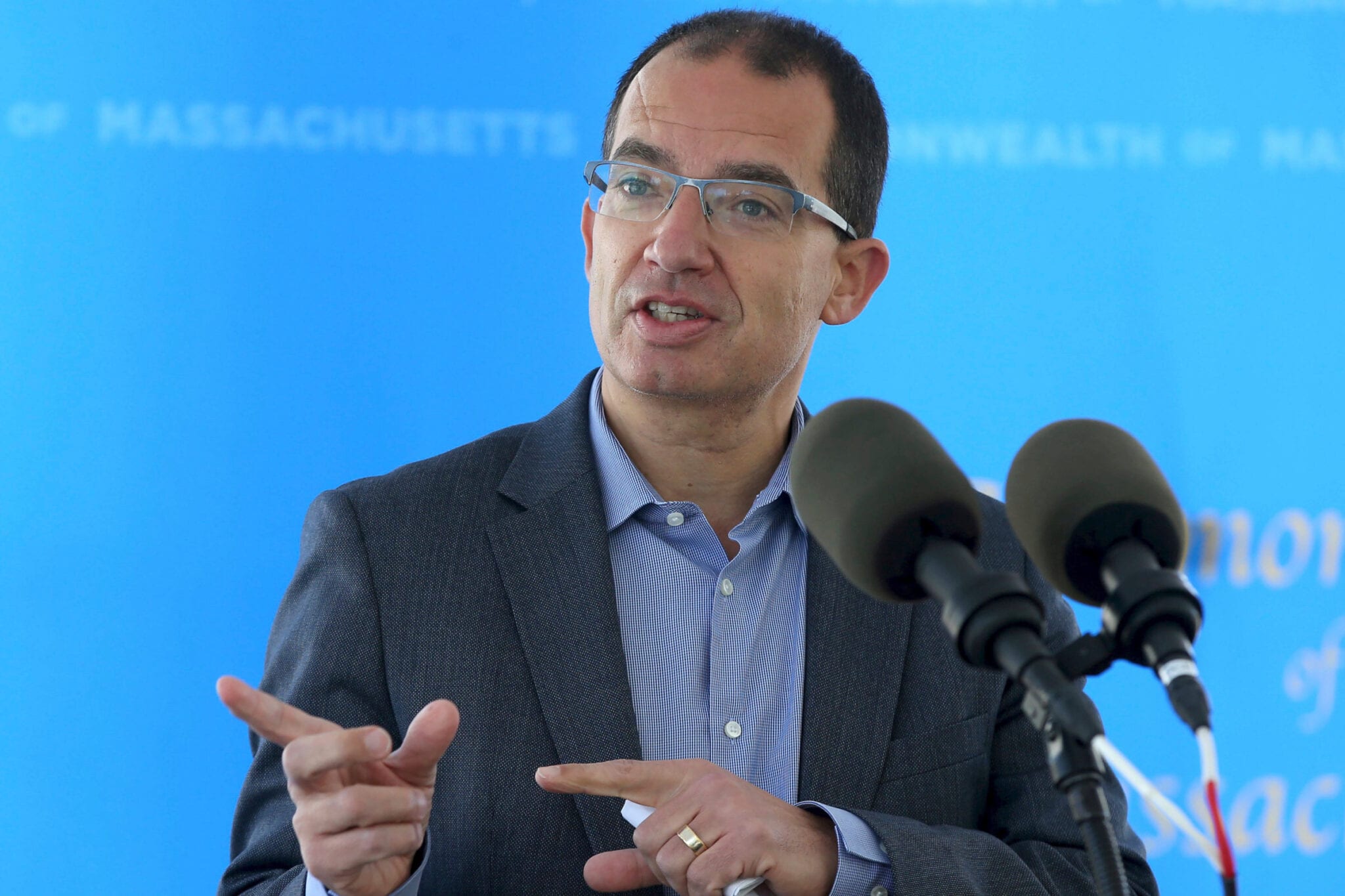
Stéphane Bancel, Moderna CEO (AP Images, Boston Herald)
Moderna says its mRNA flu vaccine cleared early studies, but comparisons with other vaccines drive stock down
Moderna says that it’s on its way to having an mRNA vaccine against not one, but two different seasonal viruses.
The biotech released the first …
Sign up to read this article for free.
Get free access to a limited number of articles, plus choose newsletters to get straight to your inbox.